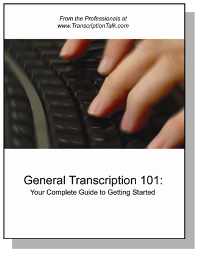In honor of our first ever giveaway of a free copy of ShortKeys, I am dedicating this post to them. In talking to different people who use text expanders and ShortKeys in particular, I've found that several people under utilize them because they don't think they'll remember what they used as an input to get a certain word. While I can see this happening time and time again, it is easily solvable if you come up with systems for creating your ShortKeys and text expanders that can be utilized over and over for multiple scenarios.
When I started using ShortKeys I was as deliberate about coming up with a system because I wasn't sure what was going to work for me. Now that I have a system in place, I've gone back and changed several of my ShortKeys to follow the system so they are all under the same rules.
The first rule I made when creating ShortKeys was for two-word phrases I always use the first two letters of each word. For example, "operating system" expands by typing "opsy" and "real estate" expands by typing "rees." If I forget that I have the ShortKey set up, I've found that I usually remember by the second letter that the phrase should be a ShortKey and can just continue to type without breaking my rhythm or going back to delete letters I've typed while forgetting.
Another rule I have created is for countries. For country names I type the first three letters of the country followed by a "/" to get the country name to expand with capitalization. I then add a second "/" for it to expand with the suffix that would identify people of that nationality. For example, "ger/" expands to "Germany," and "ger//" expands to "German."
For countries that have the same first three letters – and there are very few – I simply add a fourth letter to the longer of the country names. So, for Austria I have the ShortKey set as "aus/." If I want to type Australia, I would use the ShortKey "aust/."
These are only some of the rules I've set for myself when creating and deciding how to create new ShortKeys and text expanders that I can use effectively and efficiently as I transcribe. I've found that having the rules makes it possible for me to easily guess as to what the ShortKey I have would be because they all follow the same rules, and if I come across one that I don't have yet, I simply add it to my list for use later. Constantly adding new text expanders will only increase my productivity and my earnings in the long run.
Monday, September 1, 2008
Methods for Creating ShortKeys
Posted by Shaina at 12:47 PM
Labels: ShortKeys, text expanders, using text expanders
Subscribe to:
Post Comments (Atom)









































1 Comment:
I would like a copy!
Post a Comment